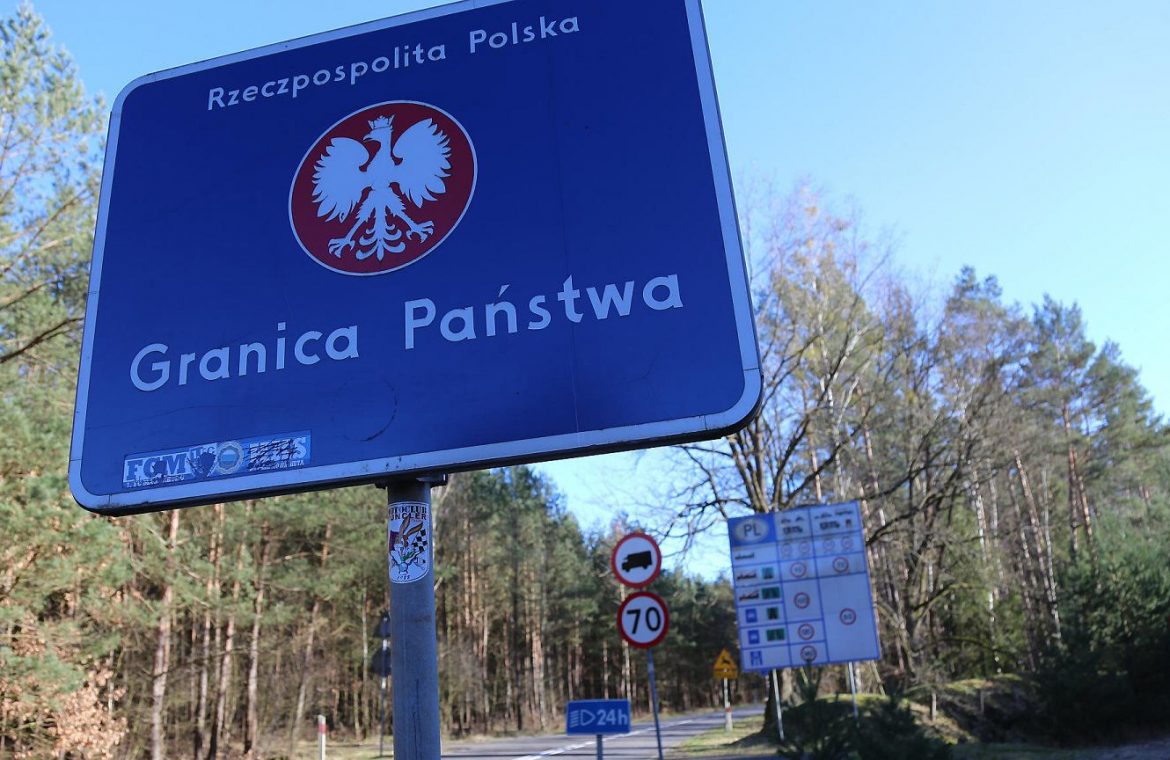The entry restrictions in force in Germany must be sustainable even after the end of the coronavirus pandemic. “We want to decide next week that the entry rules established by Health Minister Jens Spahn by decree may continue to apply even if there is no longer a national epidemiological situation,” said Johannes Fechner, spokesman for the SPD’s parliamentary law club, in an interview with Welt am. Sontag”.
More possible tests and quarantine
This may affect the ban on transfers from regions with different types of the virus and the obligation to undergo testing and quarantine upon entry to Germany.
Ahead of the summer recess in the Bundestag, the CDU/CSU government coalition and the SPD are planning to amend the Infection Protection Act, which would allow entry restrictions to be kept for twelve months, even if the “state of the epidemic of ‘national importance'” expires at the end September, the newspaper reported.
Fechner believes the extension of the regulation is justified. He explained, “Since these are very trivial administrative procedures, formal law is not necessary. I don’t see any risk of abuse in this case, as the entry regulations do not constitute a significant interference with basic rights.”
Easier return than vacation
For returning travelers:at. From France, Greece and Switzerland, important facilities have been implemented since June 20. The Robert Koch Institute (RKI) reported that due to the decrease in the number of coronavirus infections, these countries have been removed from the German list of risk areas. Poland has not been on this list since May 30. Now Belgium, Norway and some areas in Denmark, the Netherlands and Spain have been removed from the list.
People arriving in Germany by land from these countries will not have to comply with any entry restrictions due to the coronavirus.
However, the rules for air travel still apply. Anyone arriving in Germany by plane, regardless of whether they are coming from a dangerous area or not, must provide a negative test result, evidence of vaccination or evidence of recovery from COVID-19 before departure.
Low incidence in Germany
The government in Berlin regularly assesses the epidemic situation in each country, detailing “at risk (common) areas”, “high risk areas” and “coronavirus mutated areas”. Typical risk zones are countries with a seven-day COVID-19 incidence rate above 50 per 100,000 population. If the index is above 200, the country or regions are listed as high risk areas.
This classification is important for those returning from these countries as it sets out the requirements for mandatory testing, quarantine and registration when entering Germany.
In Germany, the infection rate is now 8.8. And the German health authorities recorded, on Sunday, June 20, 842 new cases and 16 deaths.
(AFP, DPA/DOM)
The article comes from the site German wave.

“Food practitioner. Music junkie. Avid troublemaker. Hipster-friendly creator. Social media lover. Wannabe pop culture fanatic.”







